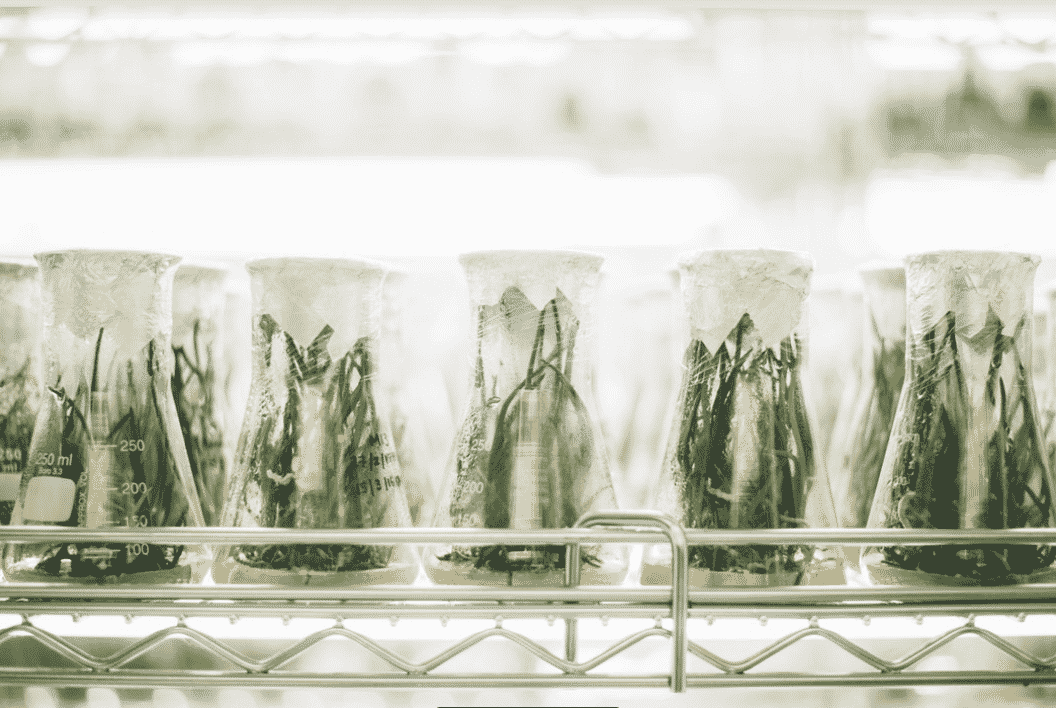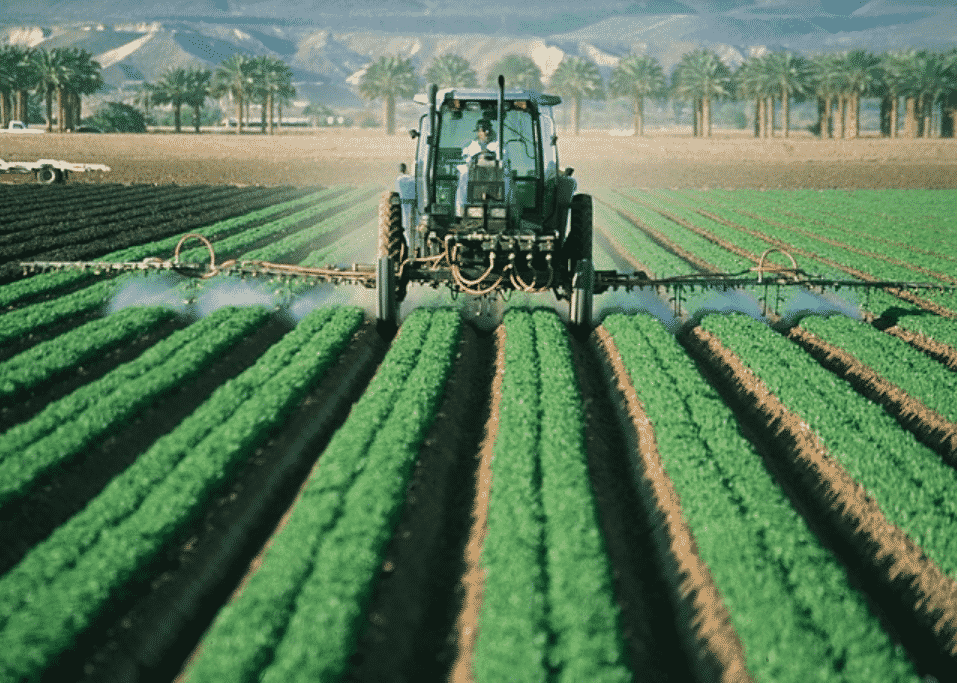Did you know ?
- In France, 80% of soils are polluted, and in particular heavy metals (copper, lead, chromium, aluminum, etc.) that have accumulated for several decades.
- Polluted soil significantly slows the growth of plants, making them vulnerable to attackers. The quality of production is also reduced.
Despite the pollution produced by human activities, nature has already shown us its extraordinary ability to continually adapt to its environment.
Indeed, many scientific studies have proved that there are plants, called hyper-accumulators (HYP), which are able to capture certain pollutants. This then allows to clean the soil in a natural way, since it is the plants themselves that extract the polluting particles. This ingenious process is called phytoextraction and is emerging as a way forward for soil remediation.
However, this technique is still too little used despite being much less expensive than existing treatments. For example, in France, major pollution control companies prioritize physico-chemical treatments in 90% of cases, which does not represent a total depollution.
To make known and develop plant treatment – phytoremediation – is therefore very meaningful today. Indeed, the current issues are focused on sustainable development and circular energy, what this process proposes.
If our article interested you, do not hesitate to browse the others available on our blog to learn more about this innovation.
Or if you want to use our solution for your land, fill out our form, we will get back to you soon !


